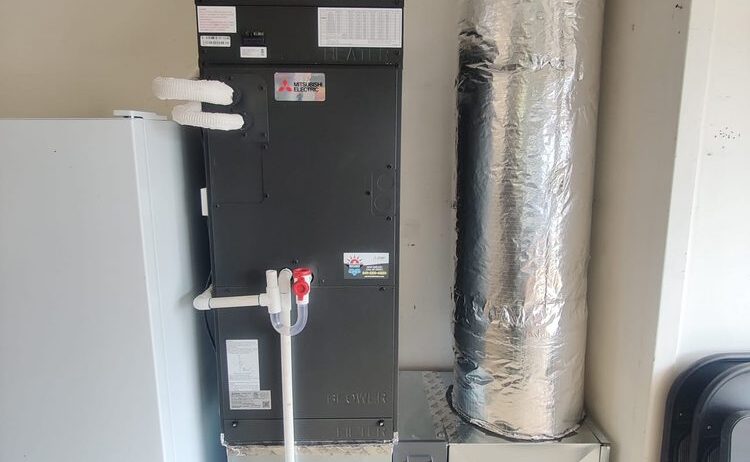Peanuts: a beloved snack, a key ingredient in dishes worldwide, and surprisingly, a crop that plays a significant role in our approach to climate change. As the world grapples with the pressing demands of environmental sustainability, understanding the relationship between agricultural practices and climate mitigation becomes essential. You might wonder, can cultivating peanuts contribute to a more perfect climate? Let’s navigate through this thought-provoking inquiry and explore the potential challenges and triumphs of peanuts in our efforts to combat climate change.
Peanuts belong to the legume family and are scientifically known as Arachis hypogaea. Originally cultivated in South America, these small yet mighty nuts have won hearts globally. One of the reasons peanuts stand out in agricultural discussions is their unique ability to fix nitrogen in the soil. This process not only enriches the soil but also reduces the need for synthetic fertilizers, which are notorious for contributing to greenhouse gas emissions. In this light, the question arises: could peanuts be a cornerstone of sustainable agriculture?
The cultivation of peanuts offers several ecological benefits. Their deep root systems can help prevent soil erosion, a predominant issue that hinders agricultural productivity and climate resilience. Furthermore, peanuts have a relatively low water footprint compared to other staples like rice and cotton. In areas facing water scarcity, this characteristic positions peanuts as a viable alternative that could enhance food security while minimizing environmental stress.
However, while peanuts offer promise, challenges emerge that cannot be overlooked. Climate variability—an unpredictable menace—poses a significant risk to peanut production. Farmers face threats from erratic rainfall patterns, intense droughts, and extreme temperatures. Such conditions can reduce yields and exacerbate food insecurity, especially in susceptible regions. How can peanut cultivation adapt to these climate-induced challenges without compromising the quality of the harvest?
Moreover, the process of monoculture, where a single crop is grown over a wide area, can lead to soil degradation and an increased reliance on chemical inputs. Contrary to the vision of sustainable agriculture, this approach can further entrench the cycle of environmental harm. Instead, implementing agroecological practices—such as intercropping peanuts with other crops—can enhance biodiversity, promote soil health, and ultimately contribute to climate resilience.
Transitioning to such practices may demand a shift in agricultural policies. Governments and organizations must prioritize research and development in sustainable farming methods, providing farmers with the tools and knowledge to diversify their agricultural practices. Additionally, strengthening local economies by supporting farmers’ markets and community-supported agriculture can empower communities and reduce carbon footprints associated with transportation and industrial agriculture.
Furthermore, the significance of organic farming should not be overlooked. Organic peanuts, cultivated without synthetic pesticides or fertilizers, not only have a reduced environmental impact but also meet the growing consumer demand for sustainably sourced foods. As awareness of climate issues expands, consumers are increasingly seeking out products that align with their values, creating economic incentives for sustainable practices.
The socio-economic implications of peanut cultivation also deserve attention. For many smallholder farmers in developing countries, peanuts serve as a vital cash crop that generates income and sustains livelihoods. However, these farmers often lack access to modern agricultural technologies and face barriers such as limited access to markets and fluctuating prices. Empowerment through education, fair trade practices, and access to finance can transform the peanut economy, making it a tool for both economic and environmental sustainability.
Beyond agriculture, peanuts have the potential to make a mark in the food industry. With the rise of plant-based diets, peanuts are being embraced as a nutritious source of protein and healthy fats. Their versatility lends itself to innovation in culinary applications, ranging from peanut butter spreads to plant-based meat alternatives. By promoting peanut-based products, we can foster a shift toward more sustainable eating habits.
Perhaps it is time to contemplate the question: can embracing peanuts lead us to a more sustainable future? The answer may lie in the balanced integration of sustainable agricultural practices, socio-economic development, and innovative food applications. It is noteworthy that the journey towards a perfect climate is complex and multi-faceted, requiring collaboration among farmers, consumers, policymakers, and environmentalists.
In conclusion, peanuts represent more than just a nutritious and delicious food source; they symbolize a vision of sustainability and resilience in the face of climate change. While challenges abound—ranging from climate variability to economic constraints—the potential benefits are vast. By cultivating peanuts with an eye towards ecological balance and socioeconomic equity, society may inch closer to achieving a more harmonious relationship with our planet. The advent of the perfect climate may not be a far-fetched dream; it could be a reality within reach if we can rise to the challenge and embrace the multifarious possibilities that peanuts present.








